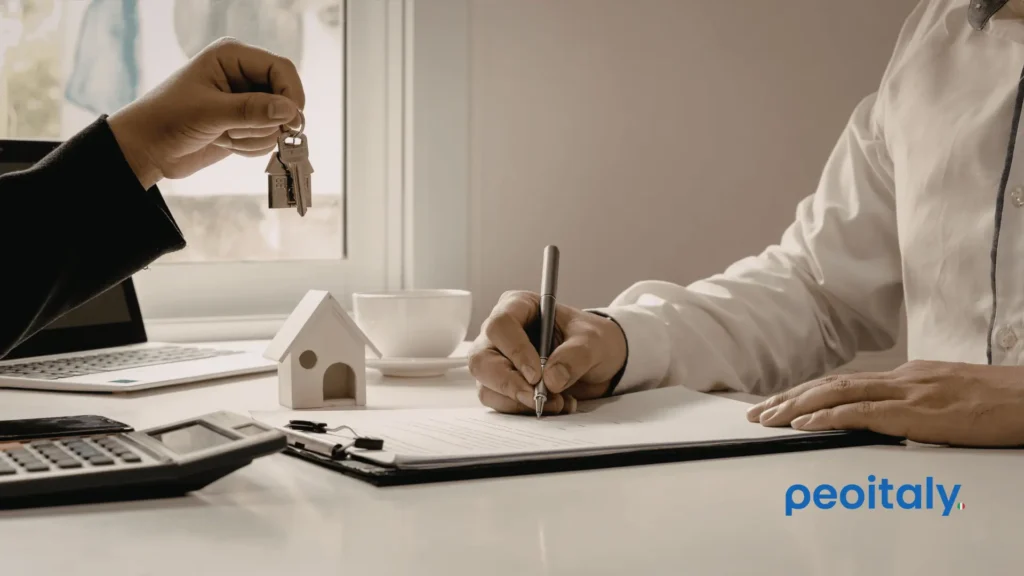Reshoring is gaining popularity in Italy due to the implementation of the “Decreto internazionalizzazione” (DL 27/12/2023 n. 209). This decree aims to bring back business activities that were previously offshored. This initiative extends beyond companies that have previously conducted activities in Italy; it is also applicable to those that have never operated within the country’s borders.
Reshoring refers to the relocation of manufacturing or services to Italy. Typically, people do this in response to economic changes, costs, supply chain problems, quality concerns, or business plans. Rising labor costs in foreign locations prompt companies to reconsider domestic production, emphasizing cost competitiveness and improved quality control. Additionally, global supply chain disruptions, technological advancements, and customer preferences for locally produced goods contribute to reshoring decisions.
In the legislative decree, Article 6, titled “Transfer of Economic Activities to Italy,” stands out as a pivotal provision. It aims to incentivize the relocation of economic activities from non-EU territories, encompassing not only business activities but also arts and professions. The incentive ensures that related incomes do not contribute to 50% of the taxable base for Ires (or Irpef) and Irap in the fiscal year of the transfer and the subsequent five fiscal years (extended to ten years for large enterprises).
This incentive applies to economic activities moved from countries outside the EU or SEE. It also applies to activities that have never been done in Italy. This initiative is not limited to companies that have already conducted activities in Italy. It also applies to those companies that have never operated within the borders of the country.
In other words, even if a company has no prior experience or presence in Italy, it can still take advantage of this initiative. This opens opportunities for new players and encourages foreign companies to explore the Italian market.
By extending the scope of the initiative to include companies with no previous operations in Italy, the government aims to attract a wider range of businesses and stimulate economic growth.
This move demonstrates a willingness to welcome and support both existing and potential investors and highlights Italy’s commitment to creating a favourable business environment. A company from China, Korea, or the United States can move its operations to Italy and get tax reduction.
To avoid the risk of configuring incompatible state aid, the measure includes every economic activity, in accordance with the community guidelines stating that any activity involving the offer of goods and services in a market constitutes an enterprise, regardless of the entity conducting it (see the communication of the European Commission 2016/C 262/01).
Paragraph 5, with a closing provision, subjects the effectiveness of the provisions under examination, in accordance with Article 108, paragraph 3, of the Treaty on the Functioning of the European Union, to the authorization of the European Commission.
The reference to business activities should be understood in the broad sense, encompassing any activity involving the production or exchange of goods and services, even if conducted by entities with non-profit motives. On the other hand, income from companies created solely for the ownership and enjoyment of assets, such as static holding companies that do not provide any services to subsidiaries, does not appear to be eligible for facilitation. This is consistent with the explicit intent of the enabling law (Article 3, paragraph 1, letter d, of Law 111/2023) to adhere to principles regarding harmful tax competition.
In a broader context, the inclusion of activities conducted by non-profit entities aligns with the overarching goal of promoting economic development and job creation. The intention is to stimulate a wide range of business activities, fostering a dynamic and inclusive environment.
Conversely, the exclusion of facilitation for companies created solely for asset ownership aligns with the anti-avoidance measures outlined in the enabling law. The focus on discouraging harmful tax practices reflects a commitment to maintaining fair competition and preventing the misuse of tax incentives for entities that do not contribute substantively to economic growth.
This measure presents a significant appeal for multinational groups, enabling them to seamlessly transfer specific business segments or supply chain components. While the use of this regime does not mandate a mandatory prior inquiry, potential bottlenecks arising from the notion of previously conducted economic activities abroad must be carefully evaluated. The incentive includes all economic activities that follow EU guidelines. It considers any activity that sells goods and services as a business.
Qualitatively, the incentive seems geared towards facilitating the relocation of similar activities rather than the initiation of entirely different ventures in Italy. Further provisions, like the proposed mini IRES, are anticipated, making this the first substantial incentive to attract investments to Italy.
50% DISCOUNT
Companies are eligible for a 50% tax discount when returning to production in Italy. This applies to companies that have or have not done business in Italy before. This applies to individuals who are returning their business or self-employment activities to their home country. These activities were previously conducted in countries outside the European Union and non-the incentive includes all economic activities that follow EU guidelines. It considers any activity that sells goods and services as a business. SEE countries in Europe.
INCOME EXCLUSION FROM TAXABLE BASE
Specifically, it is determined that the related incomes do not contribute to 50% of the taxable base for Ires (or Irpef) and Irap in the ongoing fiscal year at the time of the transfer, and in the subsequent five fiscal years.
ANTI-OFFSHORING MEASURE
The goal is to encourage companies to bring back their productive activities from low-cost labor countries through reshoring.
EVEN APPLICABLE TO THOSE WHO HAVE NEVER CONDUCTED OPERATIONS IN ITALY
The measure applies to moving economic activities from countries outside the EU and SEE. This applies even if these activities have never been done in Italy.
ALL ECONOMIC ACTIVITIES
The incentive includes all economic activities that follow EU guidelines. It considers any activity that sells goods and services as a business. Its effectiveness is subject to approval from the European Commission.
ASSOCIATED SELF-EMPLOYMENT
As mentioned, the measure also includes self-employment activities conducted in association, for example, the operations of an associated studio previously conducted abroad.



